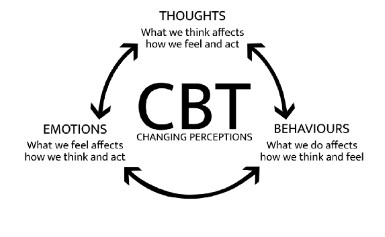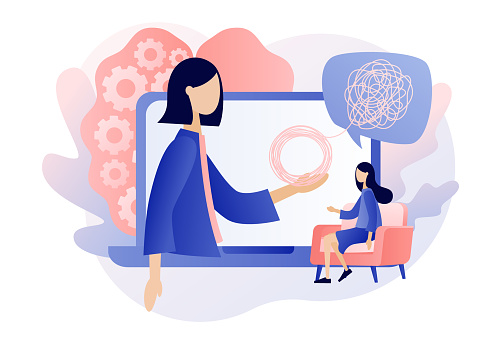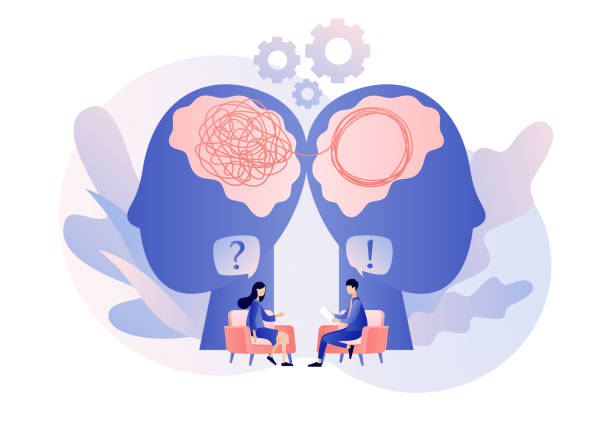“Let’s learn more about CBT therapy”
01. What is CBT
CBT is an evidence-based talking therapy, proven by research and clinical practice. The science behind this approach strongly backs its effectiveness.
Cognitive Behavioural Therapy is based on the concept that thoughts, feelings and actions are interconnected. It is a goal-oriented therapy. A practical therapy, focusing on goals, mostly on the present and things that are affecting you and your life now but also on past problems. CBT will treat how you feel about them in the present.
A CBT therapist aims to help you change these unhealthy negative patterns in order to improve your feelings. Once you can positively change how you think or behave, you can consequently change how you feel. It works relatively quickly by challenging unhelpful thoughts and beliefs and teaching the client to use coping strategies, helping clients to help themselves in the long term. This means it can be more affordable than more traditional, time-intensive therapies.



02. What does CBT help
Many conditions can be treated with CBT. It will help you to overcome life’s difficulties, when you are experiencing unhealthy negative emotions, such as depression, anxiety, jealousy, anger, hurt, unhealthy envy, guilt or shame or are experiencing a mixture of these, which is very common.
CBT is especially effective for anxiety, anxiety disorders, depression and time management.
Some of the problems CBT can address and is highly effective:
- Depression
- Low self-esteem
- Confidence issues
- Anxiety
- Panic attacks
- General Anxiety Disorder (GAD)
- Social Anxiety
- SAD- Seasonal affective disorder
- Relationship problems
- Stress/work/home/personal
If you are facing emotional difficulties and would like mental health support. Please do not hesitate to contact me.
03.How it Works
How well it works depends on several factors that can include:
- Your level of commitment
- The therapist’s skill in employing CBT
- The severity of the disorder
You’ll usually have a session with a therapist once a week, twice a week, once every 2 weeks (depending on severity of the problem).
The course of treatment usually lasts for between 6 and 20 sessions, with each session lasting 30 to 60 minutes.
Sessions are offered online, over a platform called Zoom or Microsoft Teams, effective and very convenient for both, client and therapist. You pay session by session, its effectiveness and short duration makes the cost very reasonable.

